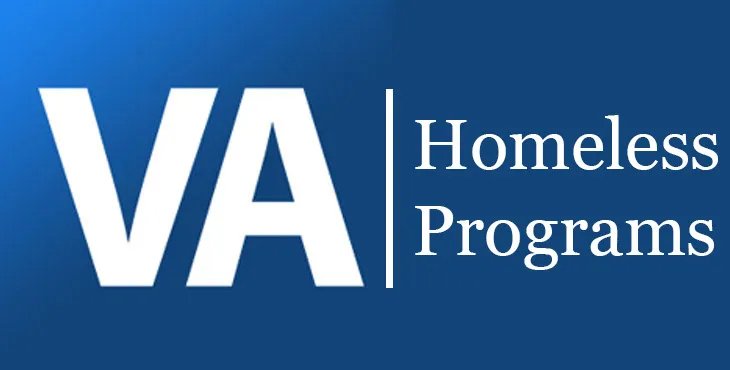2023 National Defense Authorization Act

NDAA 2023 Sent to President’s Desk for Signature to Become Law
The 2023 annual defense bill, formally known as the National Defense Authorization Act of 2023, arrives at the President’s desk more than two months after the beginning of the new fiscal year.
Some sources note that Congress typically signs a defense budget roughly a month and two weeks late, but 2023 carried some additional baggage in the form of a debate over whether U.S. troops should be subject to a COVID-19 vaccine mandate or not. Delays were likely inevitable thanks to some of the disagreements surrounding key provisions of the legislation.
Some of the difficulty in passing the defense budget had to do with non-defense measures included in the legislation. Negotiating, modifying, or eliminating some of those made passage of the budget tougher. And it wasn’t just the non-defense issues that needed debating.
Also at issue–how much to raise military benefits in light of rising housing and food costs. When the dust finally settled on the details of the 2023 NDAA, some of the most critical details to make it into the final version of this budget include:
Overall Defense Budget
$817 billion overall for the Department of Defense, $45 billion more than the original budget request.
Military Pay Raise
A 4.6% pay raise for military and DoD civilians said to be the largest in two decades.
COVID Vaccine Mandate Eliminated
Elimination of the COVID-19 vaccine mandate.
Basic Allowance for Housing Increase
An increase in the Basic Allowance for Housing (BAH) by 2%.
Basic Needs Allowance
An increase in the eligibility for the new Basic Needs Allowance. Families were limited to an income of 130% above federal poverty guidelines; the qualifying threshold is now increased to 150%, allowing more needy military families to qualify.
Keeping Food Prices Low for Military Families
Increased Commissary funding and subsidies to keep food prices low for military families.
Child Care Reimbursement for PCS Moves
Creation of a pilot program that would offer child care cost reimbursement associated with permanent change of station moves.
Additional 2023 NDAA Provisions
These are not the only provisions of the 2023 NDAA, but they are among the most significant where military benefits are concerned. Other topics addressed in the budget:
- Suicide prevention among military members.
- Reimbursement for PCS-related pet expenses.
- Increases maximum amounts for bonuses, special pay, and similar incentives.
- Provisions for “targeted recruitment incentives.”
- Expands the scope of spouse licensing/business reimbursement associated with PCS moves.
- Creates an open season during the calendar year 2023 for eligible retired or separated service members to opt-in/out of the Survivor Benefit Plan.
- Authorizes a servicemember whose sole dependent dies “to continue to receive Basic Allowance for Housing” at the with dependents rate “for a period up to 365 days after the death of the dependent.”
- Creates a pilot program to hire special education inclusion coordinators at base Child Development Centers with a high population of military children enrolled in the Exceptional Family Member Program.
Non-Benefit Related Details of the NDAA
There are plenty of other non-benefit details of the 2023 NDAA. One of the most serious, along with aid for Ukraine, defense measures for Taiwan, and other ongoing concerns?
Inflation. The 2023 NDAA contains billions of dollars meant to counter the effects of inflation on the United States Defense Department:
- $12.6 billion to counter the effects of inflation on military spending.
- $3.8 billion to counter inflation in military construction projects.
- $2.5 billion to fight inflation related to fuel purchases.
Election Security Report in NDAA
One interesting detail of the 2023 NDAA: a provision requiring “a biennial, unclassified report through the 2032 election cycle on CYBERCOM efforts to ensure election security and counter election threats.”
Latest on NDAA
At press time, the 2023 NDAA has passed the House and Senate and has been sent to the president’s desk for signature. The President of the United States is required to sign the NDAA into law.
Alternatively, the president has the option to veto the bill and send it back to Congress, which may need to revise parts of the bill or even consider starting the process all over again (however unlikely that may be).
Some worry that this could happen as a result of the COVID-19 vaccine mandate being struck from the act, but some White House sources note that the President will review “the whole bill” and not just select portions of it. The President may sign the bill and move on, in spite of the worries over the COVID-19 vaccine mandate issue. If so, the authorizations are passed into law.
The bill remains unsigned at press time, but that may change at any time.
RELATED:
- 2023 Military Pay Chart: Largest Pay Raise In a Decade Proposed
- How Much Will TRICARE Increase In 2024?
- VA Adds Parkinson’s Disease To Camp Lejeune Family Member Program
About the author
Editor-in-Chief Joe Wallace is a 13-year veteran of the United States Air Force and a former reporter/editor for Air Force Television News and the Pentagon Channel. His freelance work includes contract work for Motorola, VALoans.com, and Credit Karma. He is co-founder of Dim Art House in Springfield, Illinois, and spends his non-writing time as an abstract painter, independent publisher, and occasional filmmaker.


